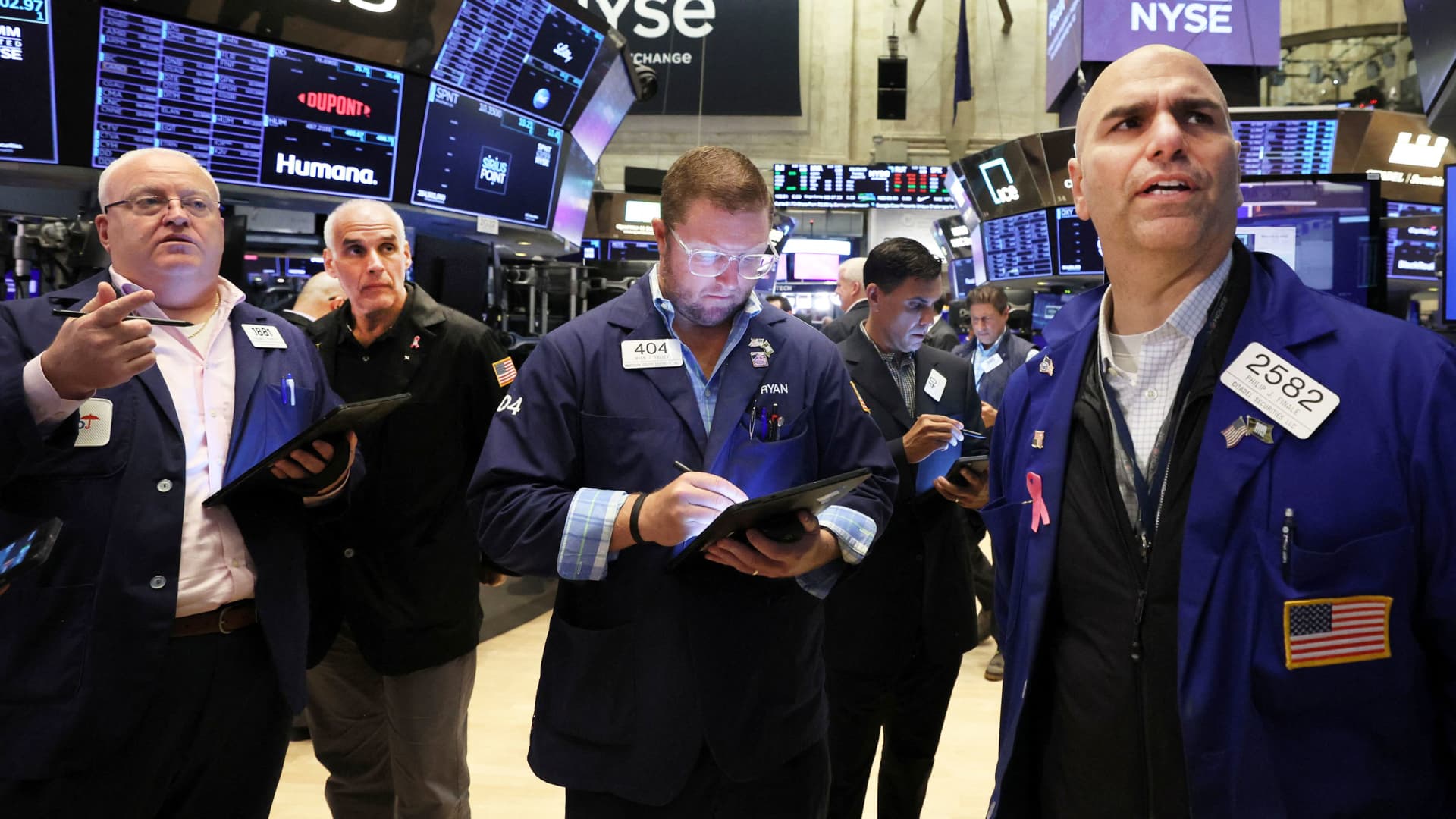China’s economic model is “washed up on the beach” and “not going to take off again,” which will have a big impact on global markets, says veteran investor David Roche.
Despite a remarkable rally in stock markets so far this year, concerns have been growing over the potential ripple effect of a prolonged slowdown in China.
Beijing has acknowledged its immediate economic headwinds and signaled more fiscal policy support, while the People’s Bank of China unexpectedly cut interest rates on Tuesday. China has experienced meteoric growth that outpaced developed countries over the past two decades, overtaking Japan as the world’s second-largest economy. However, many economists now see a longer structural downward trend amid diminishing contributions from property and manufacturing — the traditional pillars of China’s rapid economic expansion.
The ruling Chinese Communist Party has set a growth target of 5% for 2023 — lower than usual objectives and notably modest for a country that the World Bank says has averaged 9% annual GDP growth since opening up its economy in 1978. Some economists now think Beijing may even fall short of that target.
Roche, president and global strategist at Independent Strategy, told CNBC’s “Squawk Box Europe” on Thursday that global stock markets were failing to price in a long-term decline in the role that manufacturing plays in powering emerging market economies.
“We all buy goods with more services in them than metal for example, so even the output of manufacturing is full of services,” said Roche, who correctly predicted the development of the Asian crisis in 1997 and the 2008 global financial crisis.
He added that economies that historically exported manufactured goods will struggle to generate any meaningful growth in that sector, which will cause “big disappointments in populations, more geopolitical problems and more riots in the streets.”
“The Chinese model is clearly washed up on the beach with a huge number of legacy holes in it, and it’s not going to take off again,” Roche said.
“They really don’t have the approach to surgically get rid of bad debts and bad assets, and at the same time, they’re not going to be able to rely on their traditional measures of growth. That’s the big problem.”
China on Tuesday suspended releases of data on youth unemployment, which recently soared to record highs, while the July economic data showed a broad slowdown exacerbated by the country’s property market slump. The Chinese embassy did not immediately respond to CNBC’s request for comment.
Roche suggested that the changing demographics in China meant the country no longer has enough young people to justify a complete renewal of its real estate cycle — a market often estimated to power between 20 and 30% of the country’s gross domestic product.
Along with the various crises engulfing developing markets, from Latin America to Russia to Niger and the Sahel region in Africa, Roche said that a big downside risk that markets have yet to price in is that profit margins will need to be squeezed in order for developed markets in the West to bring inflation down sustainably.
He suggested that the market is due a “very big” downward correction, once these many concurrent risks are eventually taken into account.
As such, Roche recommended investors should look to “slowly accumulate” U.S. Treasuries and safe-haven assets that offer yields at their currently cheap levels.
“I do think that unlike during the Great Moderation years — [when] you never got paid to hold cash or hold bonds — now you do,” he added.
